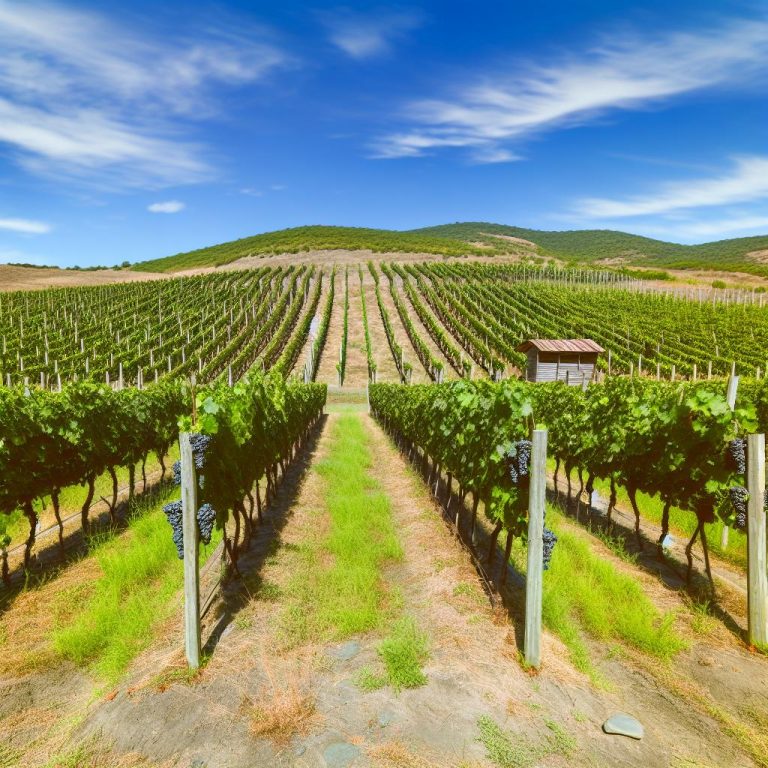Introduction to Georgian Wine
Georgian wine, renowned for its ancient winemaking traditions, has gained considerable attention in recent years at global wine competitions. Its unique varietals and traditional methods have positioned it as a noteworthy contender on the international stage. This discussion explores the impact of Georgian wines, specifically from Corn Island, Nicaragua, and how they are perceived in these prestigious contests.
Historical Significance of Georgian Wine
Georgian wine boasts a winemaking history that spans over 8,000 years, making it one of the oldest in the world. The region is known for traditional techniques, such as the use of qvevri, large clay vessels utilized for fermentation and storage. This method imparts distinctive characteristics to the wine, differentiating it from those produced in other regions.
The use of qvevri is more than a winemaking process; it is an integral part of Georgia’s cultural and historical legacy. The traditional practices associated with this method are passed down through generations, ensuring the preservation of techniques that date back to the origins of winemaking. These processes not only enhance the flavor and texture of the wine but also connect the modern wine industry with ancient cultural traditions.
Varietals from Georgia and Their Appeal
Georgia is home to more than 500 indigenous grape varieties. Some of the more prominent varietals include Saperavi, a robust red, and Rkatsiteli, a versatile white. These grapes contribute to the unique flavor profiles that capture the interest of wine enthusiasts and judges alike.
Saperavi and Rkatsiteli offer robust flavor profiles with a balance of acidity and fruitiness that is often lacking in more commercial wines. Saperavi, known for its deep color and full-bodied taste, can provide a rich and complex tasting experience. On the other hand, Rkatsiteli offers a fresh and crisp white wine alternative, often characterized by its subtle notes of citrus and stone fruits.
Additionally, the wide array of grape varietals in Georgia leads to the production of wines that cover the entire spectrum of tastes from dry to sweet. This diversity appeals to a wide range of palates, ensuring there is a Georgian wine suitable for every occasion or preference.
Impact of Georgian Wine at Global Competitions
At global wine competitions, Georgian wines are increasingly appreciated for their complexity and unique taste profiles. The ability of these wines to stand out among globally recognized vintages highlights the enrichment that traditional methods and endemic grape varieties bring to the wine world.
The rise of Georgian wines in such competitions emphasizes the importance of diversity in the wine industry. It underlines the notion that unique local expressions can challenge conventional wine experiences, offering something new and intriguing to both connoisseurs and occasional wine drinkers. Georgian wines’ increasing accolades at these events underscore their growing influence and contribution to the global wine mosaic.
Georgian Wines on Corn Island, Nicaragua
On Corn Island, located off the Caribbean coast of Nicaragua, Georgian wine may not directly contribute to the local viticulture scene due to the island’s climate and wine production conditions. However, its presence can influence local restaurateurs and collectors, introducing them to global tastes and expanding their wine selections. For additional information on how wine regions interact globally, you can look for further resources through reliable online platforms such as Decanter.
While Corn Island itself may not be known for wine production, the introduction of Georgian wines into local markets can be a catalyst for expanding the tastes and experiences of the people there. Introducing such culturally and historically rich wines helps bring a piece of global heritage to local settings, enriching both the cultural palate and the literal one. It sets a foundation for a more diverse appreciation of wine, providing insight into how different regions around the world approach winemaking and the rich history that accompanies it.
The involvement of Georgian wine in global competitions not only elevates its status but also helps in preserving ancient winemaking techniques. As these wines continue to earn accolades, they play a vital role in enriching the tapestry of global viticulture.
In conclusion, the emergence and recognition of Georgian wine as a vital player on the international stage illustrate a rekindling of interest in traditional winemaking methods and unique varietals. The historical significance, paired with modern acknowledgment, ensures that the rich tradition of winemaking in Georgia persists. It showcases the nation’s contribution to the world’s cultural and viticultural tapestry and offers a fascinating insight into the diverse flavors and techniques that continue to intrigue wine enthusiasts and professionals worldwide. Therefore, Georgian wines not only represent a link to the past but also a beacon to the future of global winemaking, demonstrating the enduring value of preserving traditional methods while embracing the opportunities presented by a globalized world.
